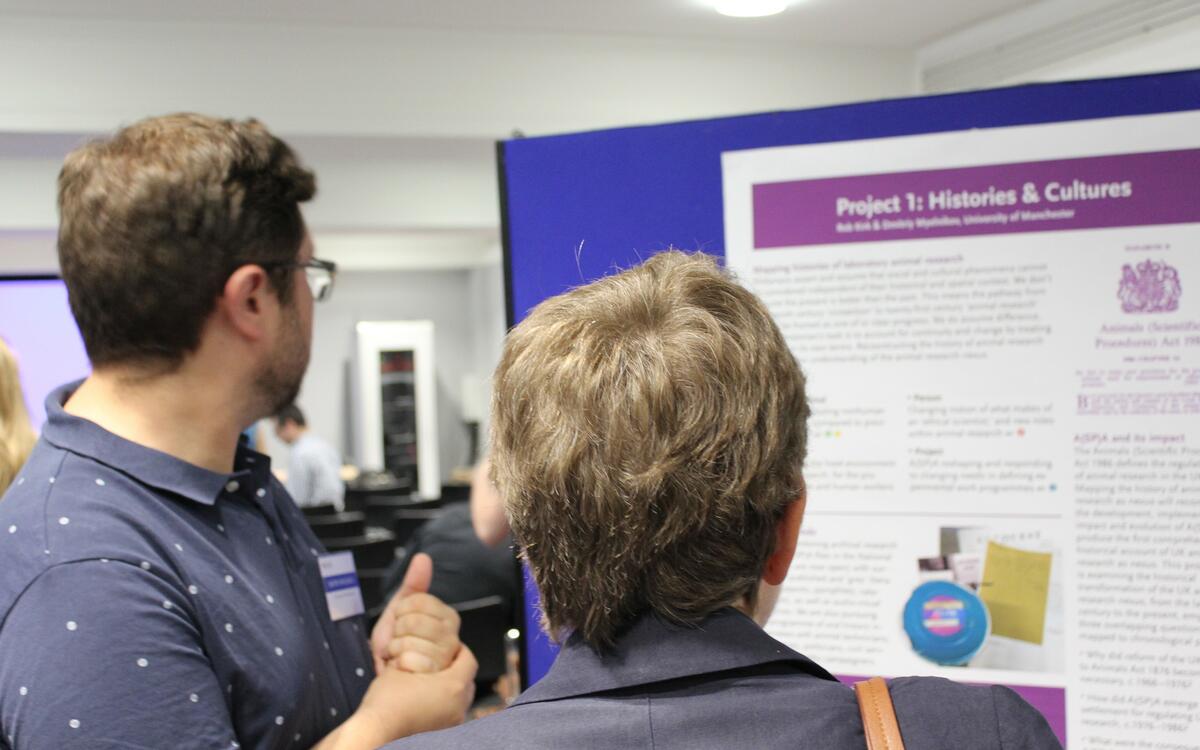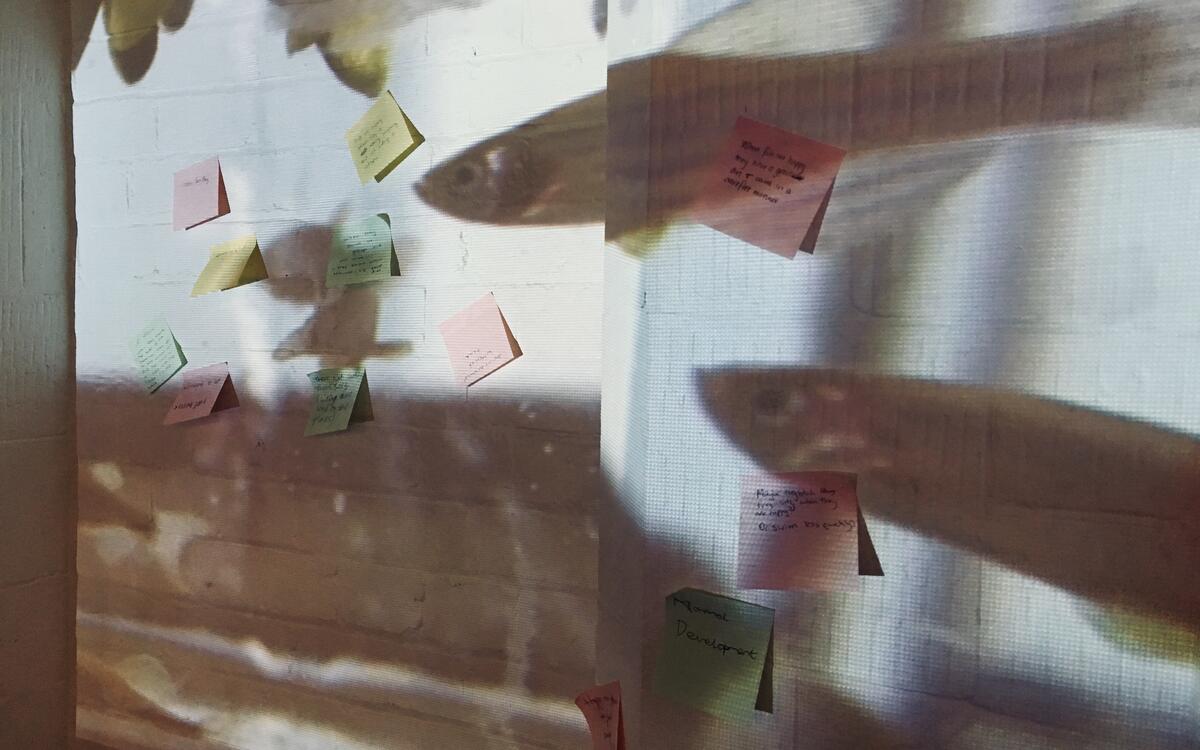In June 2018, several members of AnNex flew to the beautiful city of Vienna to take part in the 14th Congress of the European Society for Agricultural and Food Ethics (EurSafe) with a workshop on animal research and the question of harm benefit assessment.
Blogs
At the start of this project we stated one of our key objectives was to generate new cultures of communication across science, health and animal welfare, which would shape the future of animal research in the UK. This is a big promise, so it was not without trepidation that we gathered on the evening of the 26th June at the Wellcome Collection to mount our posters and finalise presentations for our opening stakeholder workshop. Yet at the same time the excitement in the air was palpable.
The concept of openness is increasingly being used to drive change and shape debates around animal research. However, it is a complicated and nuanced concept, which can be both uniting and dividing in practice. As research becomes more open, what is excluded can become clearer. As openness becomes an accepted norm, previously successful communications can seem tokenistic. Conversely, details formerly dismissed as irreverent or emotive may find deep connection with members of the public.
The way we think about the welfare needs of animals is always conditioned by our prior experiences and preconceptions. This is especially true of fish. For the most part our interactions with fish are very restricted, so our awareness of their welfare requirements are limited and often less developed that of more familiar mammals.
In the months between being offered the PhD position and my official start date, I realised how little I knew about the practicalities of the role and what a PhD actually meant.




